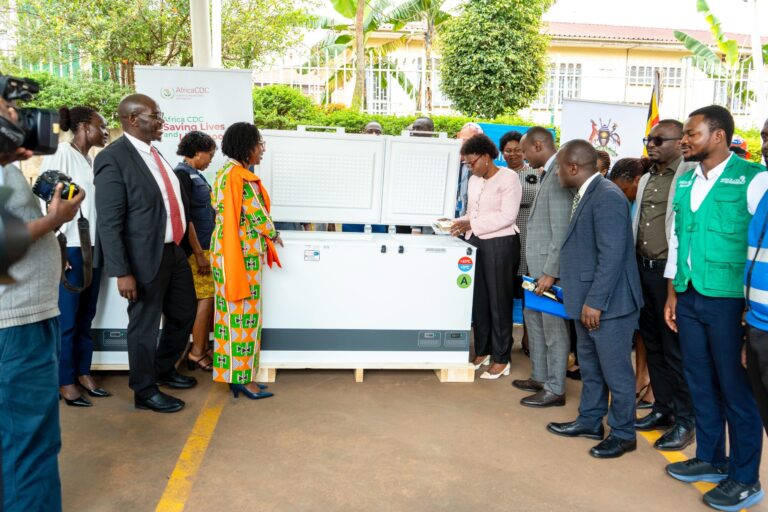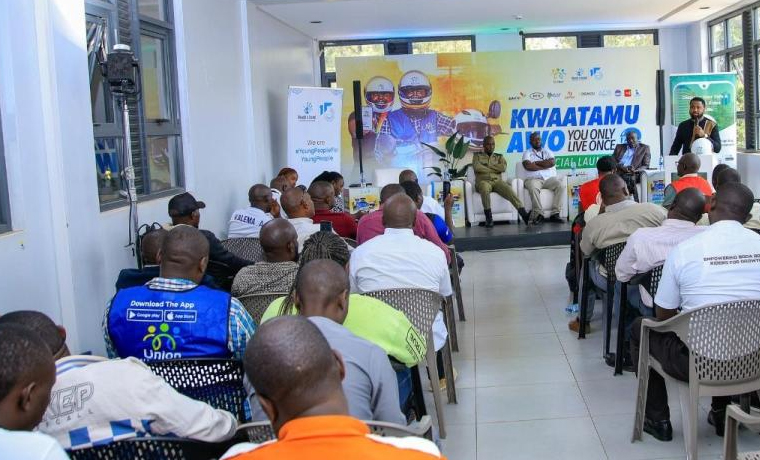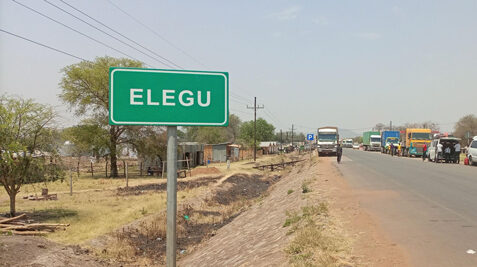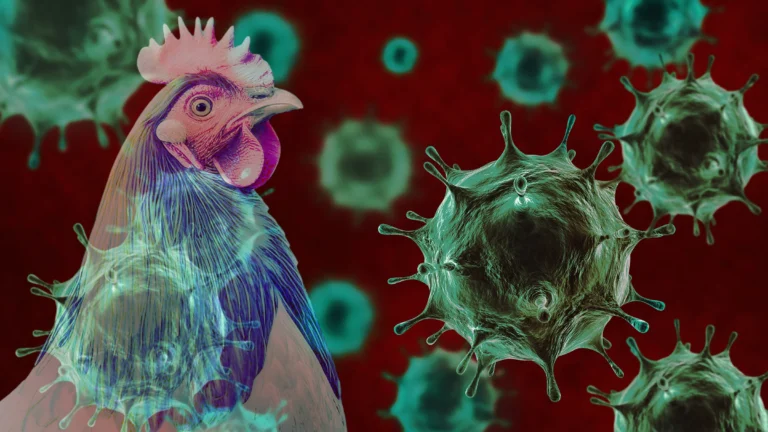Morocco is grappling with its most severe measles outbreak in decades, with more than 25,000 suspected cases and at least 184 deaths reported since the end of 2023. Health officials warn that while response efforts are underway, the outbreak remains a serious public health threat, particularly for children and vulnerable populations.
How the Outbreak Unfolded
The outbreak was first detected in the Souss Massa region, a southern part of the country, but has since spread rapidly to all 12 regions of Morocco, highlighting gaps in routine immunization coverage. Children under the age of 18 account for nearly 70% of all reported cases, many of whom were either not fully vaccinated or missed their scheduled doses altogether.
Experts have attributed the surge in infections to declining routine immunization coverage in recent years, worsened by disruptions from the COVID-19 pandemic, vaccine misinformation, and difficulties in reaching remote communities. Health officials are also concerned about pockets of unvaccinated populations in rural and border areas, where access to healthcare services remains limited.
Nationwide Response in Full Force
In response, Morocco’s Ministry of Health has launched a massive nationwide vaccination campaign to halt further spread. The campaign is targeting both children and adults, with particular emphasis on catching up those who missed their routine immunizations.
Over 10 million children’s vaccination records have been verified since the campaign began, thanks to a coordinated effort involving schools, religious leaders, community groups, and healthcare workers. Mobile vaccination teams have been dispatched to remote areas, border communities, and urban slums to ensure no child is left behind.
The campaign emphasizes two doses of the measles-containing vaccine (MCV) — the gold standard for measles prevention recommended by the World Health Organization (WHO).
Ongoing Challenges
While Morocco has seen ten consecutive weeks of declining cases, health experts caution that the battle is far from over. New infections continue to emerge, particularly in border regions where population movement complicates control measures. Given Morocco’s strategic position as a major travel and trade hub in North Africa, WHO has warned that the outbreak poses a risk not only within Morocco but also for neighboring countries and the broader region.
The Ministry of Health has urged parents and caregivers to ensure their children are vaccinated and to seek medical care at the earliest signs of measles symptoms, which include high fever, cough, runny nose, red eyes, and the characteristic rash.
The Role of WHO and Global Health Partners
The World Health Organization (WHO) is closely monitoring the situation and supporting Morocco’s response through technical guidance, outbreak analytics, and vaccine procurement strategies. WHO has emphasized that high vaccination coverage (above 95%) is essential to achieving herd immunity and preventing future outbreaks.
Health experts stress that measles is one of the most contagious diseases on earth, capable of spreading rapidly in communities with low vaccination rates. Even a single case can lead to dozens of infections if immunity gaps persist.
Looking Ahead
Morocco’s health authorities remain committed to breaking the chain of transmission through expanded vaccination, public awareness campaigns, and strengthened disease surveillance systems. However, the success of these efforts will depend heavily on community cooperation, parental responsibility, and sustained political commitment. The public is being urged to continue supporting the vaccination efforts to protect not only their own children but also their communities from this entirely preventable, yet potentially deadly, disease.





